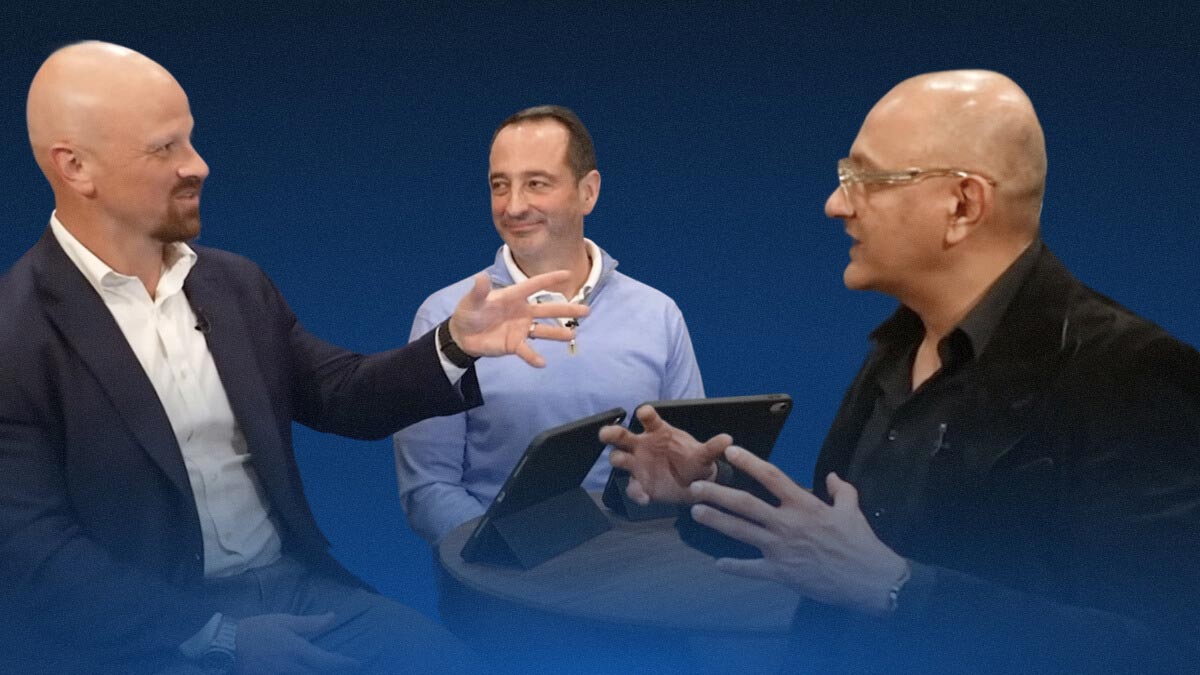PALO ALTO, CA - January 15, 2002 - The Technology Network (TechNet), a national network of CEOs from the nation's leading technology companies, today called on the federal government to adopt a goal of 100 megabits per second to 100 million homes and small businesses by the end of the decade. On a conference call, Tech Net CEOs said that the U.S. could reap enormous benefits from increased broadband deployment and outlined policy principles designed to speed deployment.
"The United States led the world in developing the information economy," Rick White, CEO of TechNet, said. "If we want to keep our leadership role, we need a high bandwidth network that will give U.S. citizens access to the enormous promise of 21st Century technology. The report we are releasing today outlines how we can get there."
"Broadband should be a national imperative for this country in the 21st Century, just like putting a man on the moon was an imperative in the last century," said John Chambers, President & CEO Cisco Systems, Inc and Co-Founder of TechNet "In order to stay competitive, educate the workforce and increase productivity, the United States must have ubiquitous broadband."
If most Americans had high speed Internet access, whether by wire line, wireless, satellite or cable, consumers could benefit from access to multimedia, interactive distance learning, increased telecommuting, higher productivity, easier interaction with government, improved health care services, and on-demand entertainment. Currently, the vast majority of so-called "broadband" connections are at less than 2 megabites per second. Even these connections are estimated to reach only 8% to 10% of American households, while only 6% of small and medium-sized businesses have broadband access.
"The importance of an explicit broadband policy for our nation cannot be overstated," said Eric Benhamou, Chairman of 3Com Corporation and Palm Inc. "TechNet's recommendations are based upon a thorough analysis of the current deployment environment, and emphasize a careful balance of enhanced competition and innovation, as well as lighter and more effective regulation."
"It is critically important for the United States to adopt a national broadband policy that encourages investment in new broadband infrastructure, applications and services -- particularly new last mile broadband facilities," said Craig Barrett, CEO of Intel Corporation. "Regulatory policies should encourage all companies to deploy these expensive and risky facilities."
TechNet recognizes that the goal of 100 megabits per second will be achieved incrementally. In the short-term, the group outlined a goal of at least 6 Mbps from two or more providers to at least 50 percent of U.S. households and small businesses by the end of 2004.
TechNet has developed the following principles to guide a national broadband policy:
1.Government policies should foster innovation and reduce regulations -- especially with respect to broadband applications and services;
2.Public policy should encourage new investment in broadband infrastructure and networks through competition and the removal of regulatory uncertainty and disincentives;
3.State and localities should promote streamlined laws and regulations that encourage broadband investment, and interstate consistency should be achieved whenever possible;
4.National spectrum policy should utilize market-based approaches that reduce the artificial scarcity of spectrum for valuable broadband applications;
5.Investment incentives, potentially including targeted tax incentives, should encourage broadband deployment to underserved communities and businesses; and
6.Broadband policy should encourage innovation and government should not pick technology winners and losers.
The TechNet CEO Broadband Task Force, created in spring 2001, includes: John Chambers, CEO of Cisco Systems; John Doerr, Partner with Kleiner Perkins Caufield & Byers; Eric Benhamou, Chairman of 3Com Corporation and Palm Inc.; Paul Gudonis, CEO of Genuity; Tony Ley, Chairman and CEO of Harmonic, Inc; Rick Burnes, Partner with Charles River Ventures; John Young, retired President and CEO of Hewlett Packard; Les Vadasz, Senior Vice President of Intel; Bob Herbold, COO and Executive Vice President of Microsoft; Milo Medin, Chief Technology Officer of Excite@Home.
A copy of the TechNet Broadband Principles can be found on the TechNet website at www.technet.org. TechNet is a network of over 200 CEOs and senior executives representing the nation's premier technology companies. TechNet has offices in California, Texas and Massachusetts.



